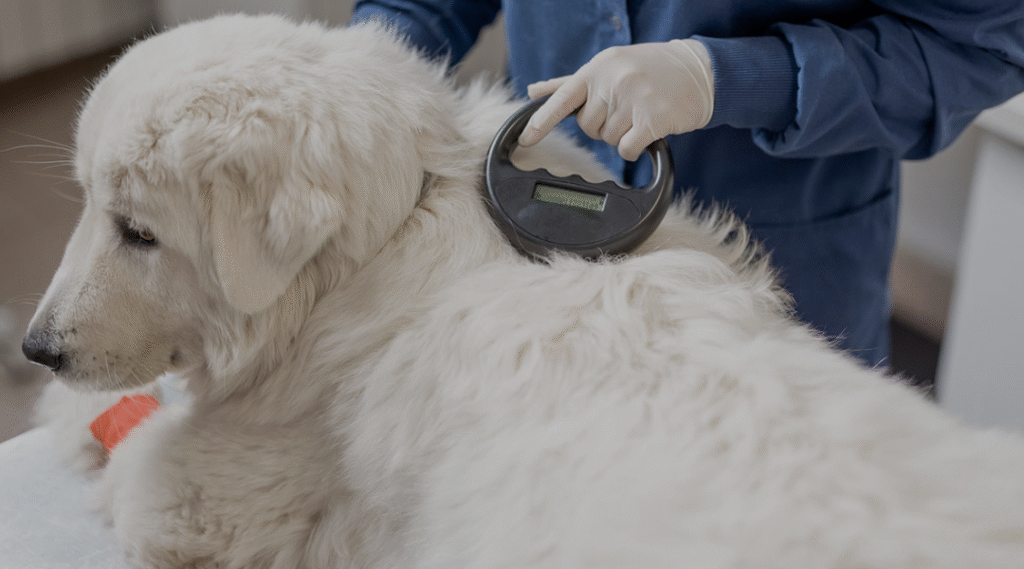
In today’s pet-loving society, dogs are more than just animals—they’re family members. As such, keeping them safe and secure is a top priority for dog owners everywhere. One of the most effective tools for ensuring the safety and identification of dogs is microchipping. However, the true power of microchipping is only realized when chips are registered in a reliable dog chip database.
A dog chip, also known as a microchip, is a small electronic device inserted under a dog’s skin, usually between the shoulder blades. This chip carries a unique identification number that can be read with a special scanner. Veterinarians, animal shelters, and animal control officers use these scanners to identify lost or stray dogs. But the chip alone doesn’t provide much help unless the identification number is linked to an owner’s contact details in a dog chip database.
The dog chip database acts as a central registry where information about each microchipped dog and its owner is securely stored. When a lost dog is found and scanned, the database is searched for the matching chip number. If the information is current and correct, the dog can quickly be reunited with its family. Without a functioning database, the microchip is just a number with no way to trace its origin.
One of the most common mistakes dog owners make is failing to register their dog’s chip or forgetting to update their contact information when they move or change phone numbers. An unregistered or outdated chip significantly reduces the chances of a lost dog making it home. For this reason, registering and regularly updating your dog’s information in the dog chip database is as important as the chip itself.
A well-managed dog chip database also offers benefits beyond simple identification. Some systems include medical information, vaccination records, and travel history. This can be especially helpful in emergencies or when dealing with veterinary care, pet boarding, or international travel.
With millions of dogs getting lost every year, having a centralized, accessible, and secure dog chip database is a game-changer. In fact, studies have shown that dogs with microchips are far more likely to be returned to their owners than those without. However, this only works if the chip is registered and the database is actively maintained.
In many countries, dog microchipping is mandatory by law. Governments and animal welfare organizations recognize the importance of a dog chip database in managing lost pets, preventing theft, and promoting responsible pet ownership. As technology continues to evolve, these databases are becoming more sophisticated, with online access, automatic reminders, and mobile apps for easy updates.
In conclusion, while microchipping your dog is a crucial first step, it is the registration and upkeep of your contact information in a trusted dog chip database that truly protects your furry friend. For every responsible pet owner, ensuring this step is complete and up to date is one of the simplest and most effective ways to safeguard a beloved dog’s future.